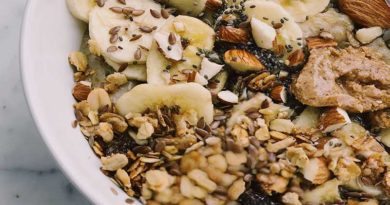Keto diets & kidney stones

Executive summary
* This week's study produced the headline finding that the estimated incidence of kidney stones in patients on a ketogenic diet is 5.9/5.6% vs. 0.3% per year in men and 0.25% per year in women in the general population.
* This may put people off going/staying on a keto diet.
* The study did correctly define a keto diet and it was a systematic review and meta-analysis of 36 studies, so the quality of evidence should have been good.
* However, the 36 studies were predominantly (29/36) of children with epilepsy, and none were about healthy children or adults.
* Epilepsy as a condition per se can increase the risk of kidney stones and the medications that patients take for epilepsy are well known to increase the incidence of kidney stones. This was not adjusted for.
* We have no evidence from this meta-analysis, therefore, which is relevant to the general population – despite using this as the comparator group for the headline claim.
* We need to remember why children (and adults) with epilepsy go on a keto diet. The impact on seizures can be dramatic and likely well worth any increased risk of kidney stones. While reviewing references cited in this week's study, it emerged that potassium citrate is known to be able to reduce the incidence of kidney stones in children with epilepsy on the keto diet. There is thus a means of alleviating the finding in this paper.
* This study is not about keto diets in healthy people or even people with metabolic syndrome and thus can largely be ignored.
Introduction
The rest of this article is available to site subscribers, who get access to all articles plus a weekly newsletter.
To continue reading, please login below or sign up for a subscription. Thank you.




